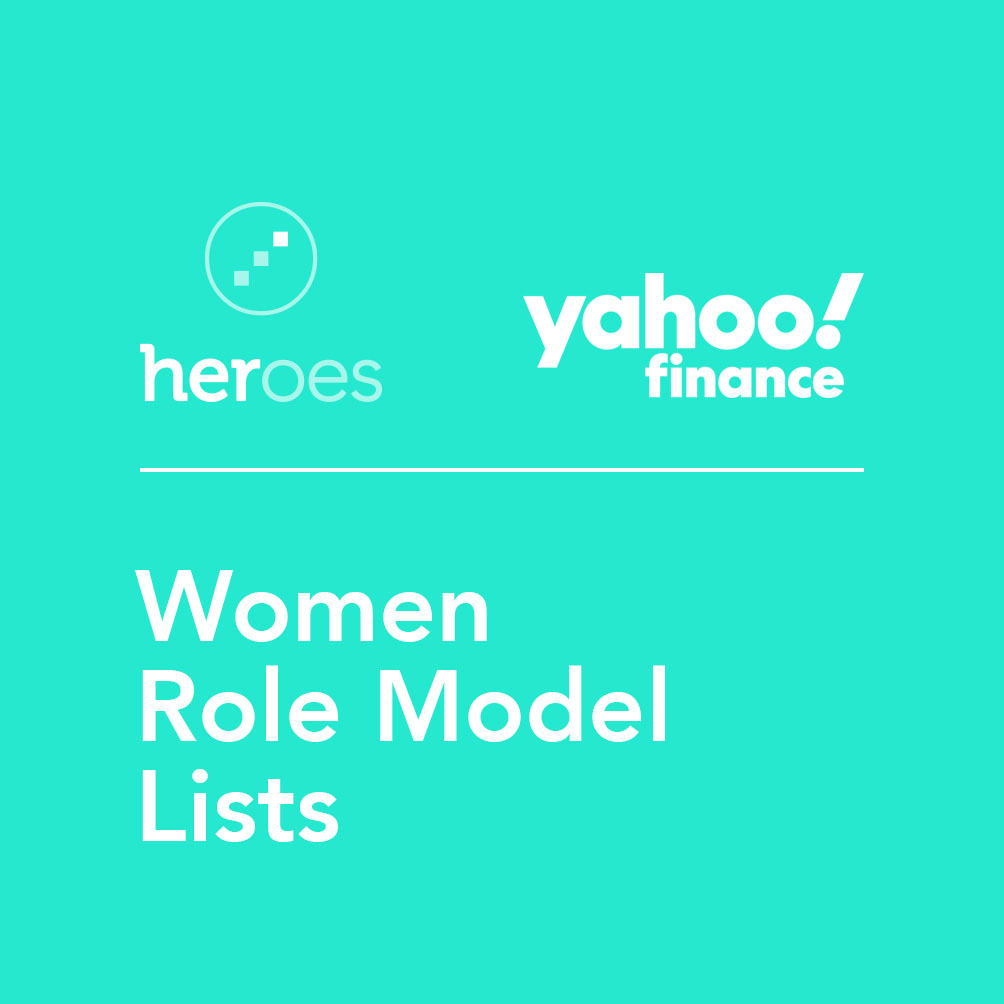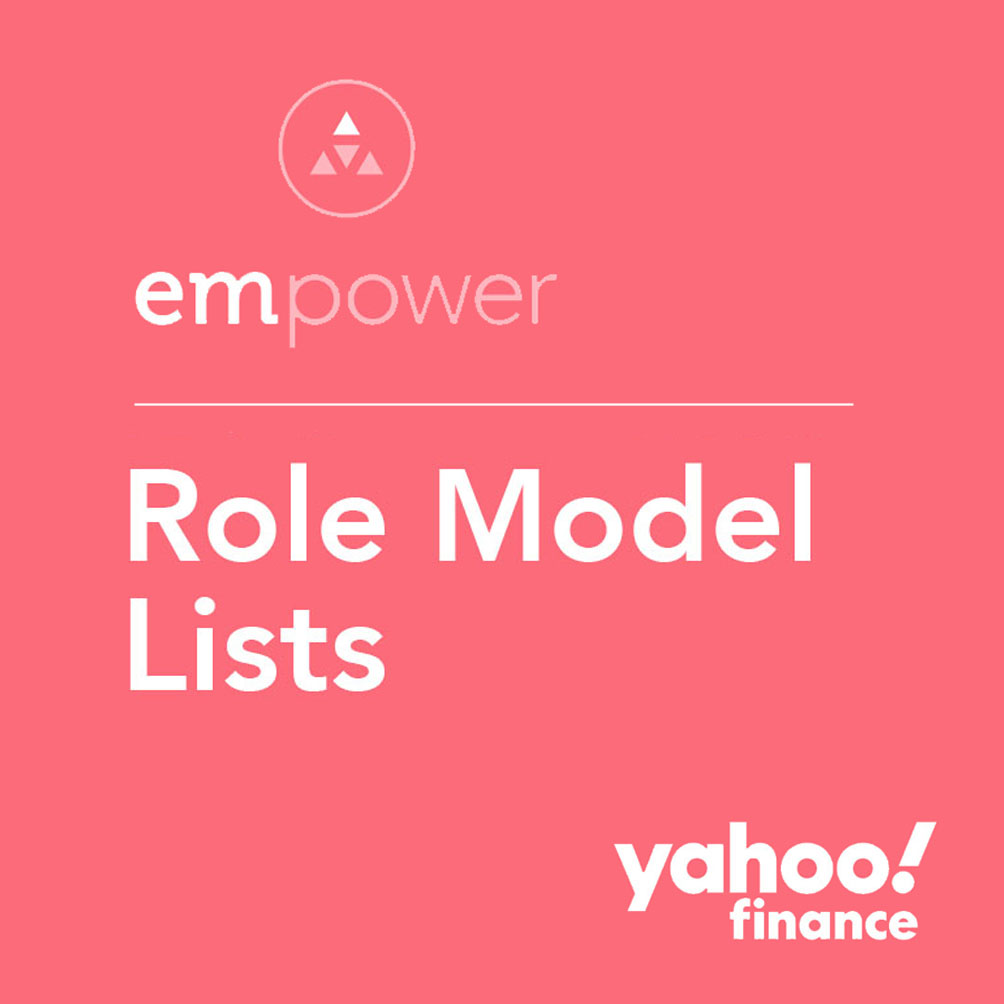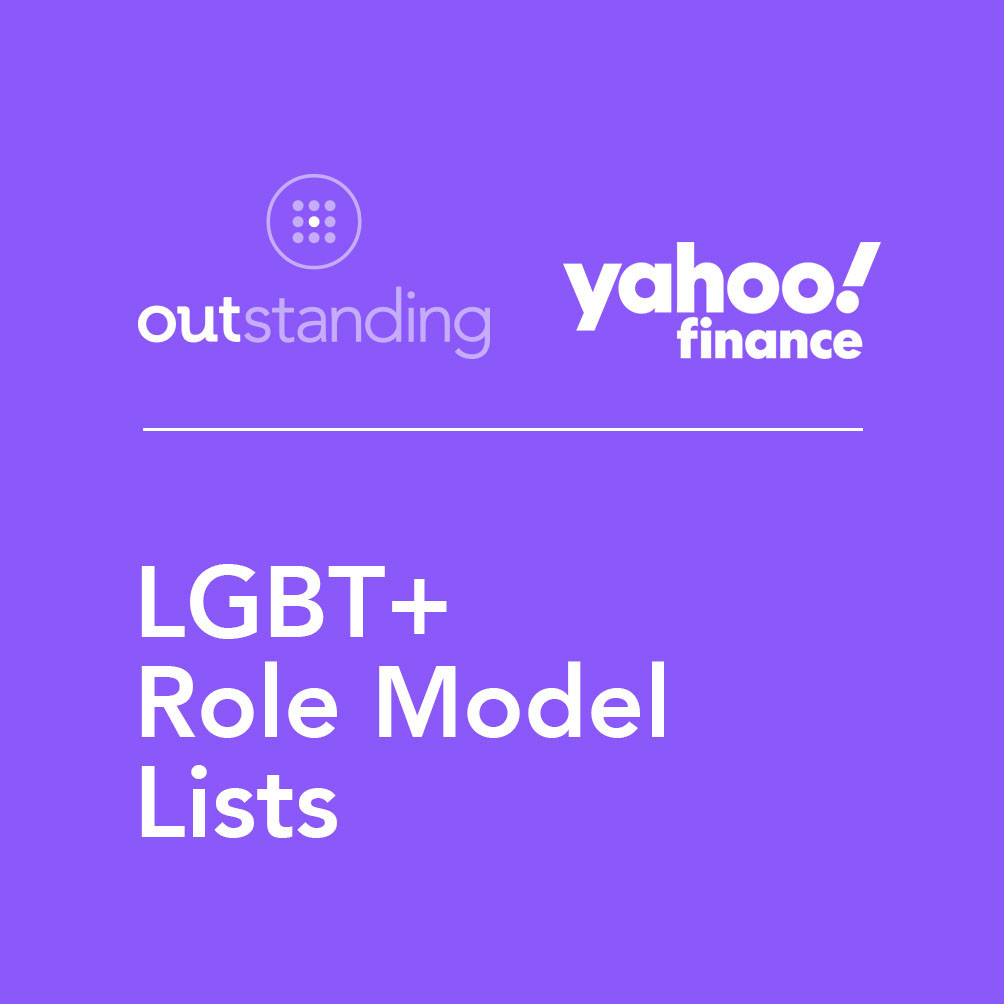Kenya
Director, Women in Wind Global Leadership Program – Global Wind Energy Council
As Director of the Women in Wind Global Leadership Program hosted by the Global Wind Energy Council, Jeanette is currently responsible for designing and implementing a diverse and multidimensional program, created to elevate and accelerate the careers of women in the wind industry. However, Jeanette’s unparalleled passion and drive to master the art and science of providing innovative solutions to complex problems has been poured into a number of other projects too, including the World Economic Forum Global Shapers Community, as well as The Young African Leaders Initiative (YALI), founded by President Barack Obama.
In a nutshell, please tell us a little about your career journey until this point.
My career journey has been defined as a combination of preparation meeting opportunity. Although Kenyan by birth, I left Kenya at five years old with my two younger sisters, to follow our parents who made the decision to become missionaries with the General Board for Global Ministries – the global mission, relief, and development agency of The United Methodist Church.
We served for three years in Zambia, before moving to Cambodia in South East Asia where we served for 17 years. Upon my high school graduation, I received a scholarship to attend St. Lawrence University in Canton, New York, where I graduated with a BA in Economics.
It was at this time my parents asked me what would I like to do with my future and I had a strong calling to return back to Kenya and discover, as an adult, the country of my birth. Upon my return, I was able to secure an internship with Kenya Pipeline Company (KPC), a government owned parastatal with the mandate to construct a refined oil pipeline system and transport petroleum products from the coast to the hinterland, and that is how my journey in the energy sector began.
In 2019, I got the opportunity to work for Windlab, a global renewable energy development company owned by Squadron Energy and Federation Asset Management, marking the beginning of a big shift in my career by introducing me to the renewable energy sector. After Windlab, I moved to the Global Wind Energy Council, the global industry association for wind power, where I currently serve as Director of the Women in Wind Global Leadership Program.
“In my opinion, you can’t be what you can’t see, which is why I believe knowledge is freedom strengthened by being a lifelong learner.”
Who is your role model and why?
Damilola Ogunbiyi is the Special Representative of the UN Secretary-General for Sustainable Energy for All, and Co-Chair of UN-Energy. I admire her because of her call to arms for changemakers to be bold not just in our words, but with our actions too. Passing policies such as The Paris Agreement are positive steps in the right direction. However, without action, The Paris Agreement remains words on paper. We all have a fiduciary duty to fight climate change and preserve our planet because it is the only home we have.
I also admire Amal Clooney, because as an international law and human rights barrister, she stands for the voiceless by bringing some of the world’s transnational villains such as ISIS, to be held accountable in court. I feel we need more leaders like Amal who listen to voices unheard, recognize potential where others see despair, and dare to reimagine new systems while venturing into the unknown.
Finally, I look up to Richard Branson because of his entrepreneurial spirit. To quote the man himself, ‘You don’t learn to walk by following rules. You learn by doing, and by falling over.’ I, too, have failed, but I am learning to pick myself up and learn from my failures and this fighting spirit is required when finding innovative solutions to complex problems.
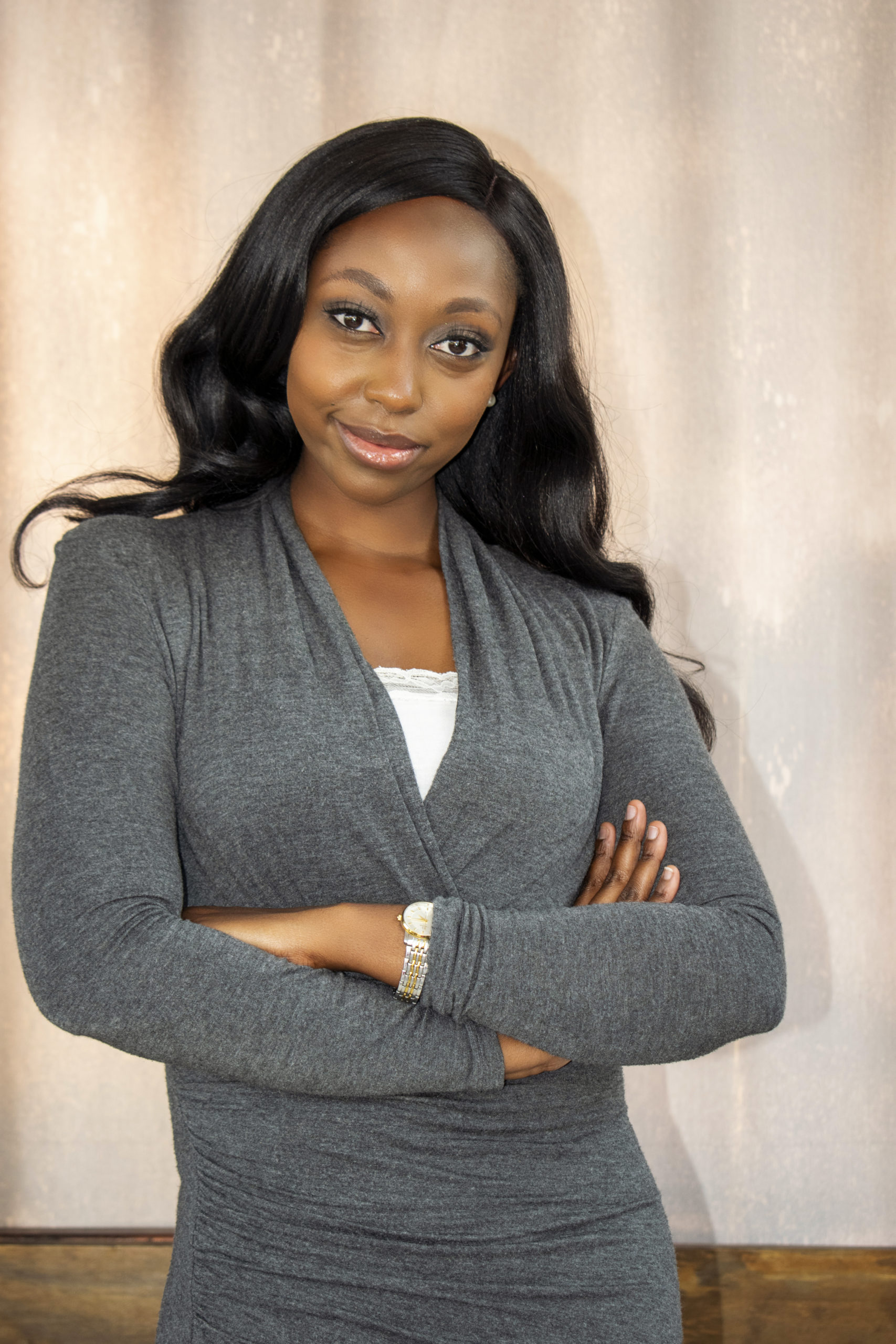
What did you want to be when you were growing up?
I wanted to be a Neurosurgeon. In high school, I volunteered with Operation Smile Cambodia, an NGO that treats cleft lip and cleft palate in children by delivering safe surgeries to people where it’s needed most. I got the opportunity to observe in an operating room and the experience inspired me to combine my affinity for STEM with a service driven ethos that can help underserved communities. At the time, my goal was to work with Doctors Without Borders.
However, that dream changed when I took an ECON101 class in my second year of university to satisfy my social science graduation requirement. Learning about supply/demand dynamics, distribution, production, and consumption of goods and services fascinated and challenged my intellectual curiosity to learn how things work and I changed my major that semester. I’m glad I did because the theories and application of Economics have always served as an excellent baseline in all the roles I have had in my career. It helps me to understand patterns and think of practical solutions to challenges.
What’s the biggest risk you’ve ever taken, and what’s your greatest career achievement?
Making a career change from the oil and gas industry to renewables was a risk for me. Not only are the two industries drastically different, I had a severe case of imposter syndrome where I felt I was at a disadvantage due to lack of experience and knowledge in the renewable energy.
However, as Confucius once wrote, ‘He who conquers himself is the mightiest warrior.’ To overcome my imposter syndrome, I learned that the best remedy to self-doubt is giving myself grace to accept that I have knowledge gaps but through asking questions and learning from those around me, solutions can always be found.
Using this philosophy, my greatest career achievement is successfully signing more than 1,700 project area landowners onto Africa’s first-of-its-kind renewable power project, Meru County Energy Park (MCEP). The $150 million renewable energy power project combines wind turbines, solar PV technology, and battery storage capabilities – a first on the African continent.
This experience challenged me to think out of the box while creating sustainable solutions that can withstand disruptions such as how could we safely but successfully sign over 1,700 landowners during the Covid-19 pandemic, to ensure MCEP is meeting its goals.
“Greater gender diversity brings valuable perspectives to social and economic development.”
What would you tell your 18-year-old self if they could see you now?
Learn how to surf the waves of life by trusting the process; see the opportunity, learn the lesson, and remain grateful.
How has your personal journey informed the way you navigate your career?
Service is at the core of my individual pathos, stemming from my childhood growing up as a missionary child when my parents taught my sisters and I to ‘plant trees under whose shade you do not expect to sit.’
In all the mission fields we served, my parents and their teams worked to create sustainable solutions that would far outlast their presence in that mission field. Observing this from a young age instilled in me a deep desire to align my career with a sector that could achieve a better and more sustainable future for all, hence why the renewable energy sector was a good fit for me. I am able to provide my skill sets in service of helping combat climate change.
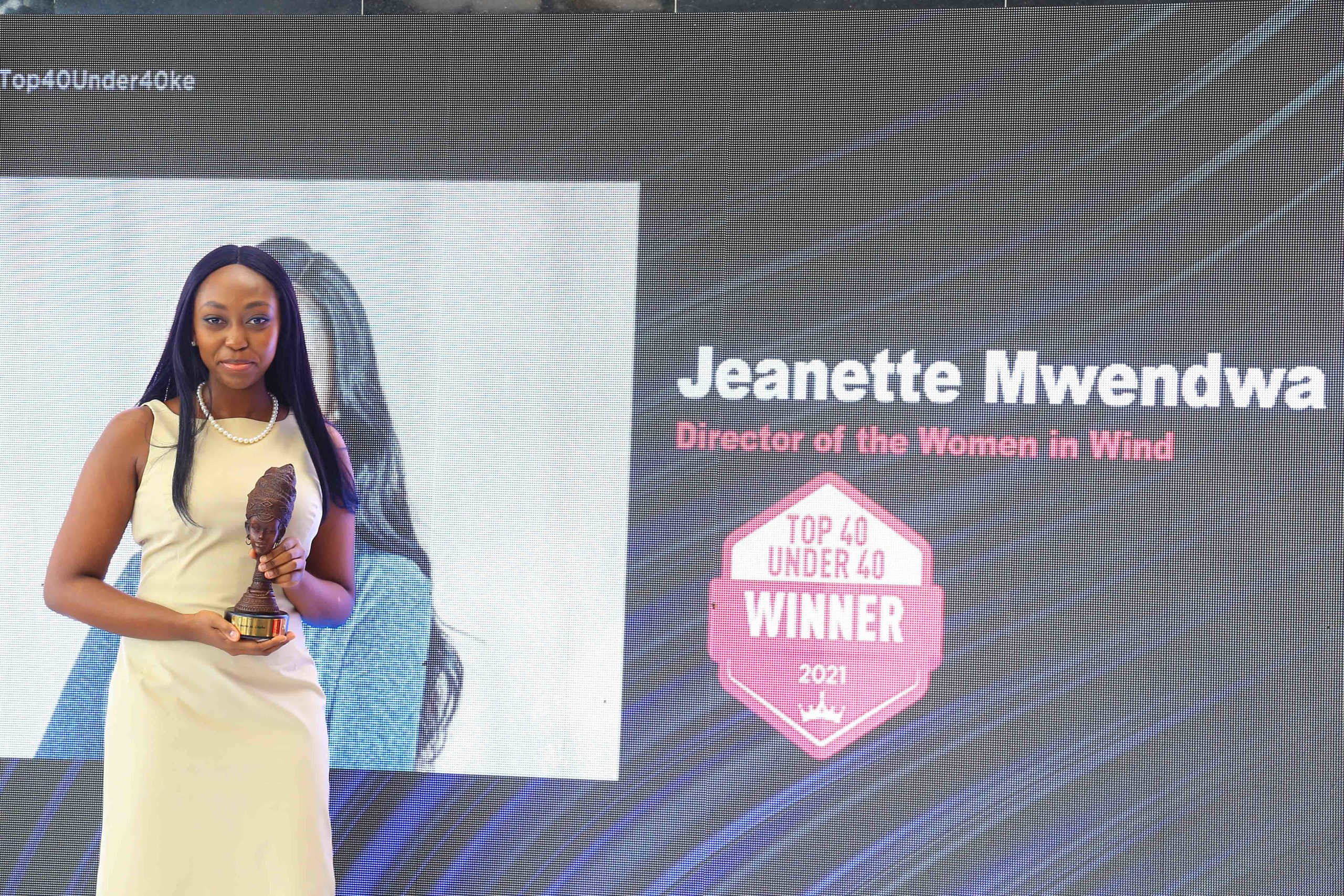
How have your lived experiences helped you in the industry you work in today?
I am a woman and youth who has had the opportunity to grow up in Zambia, Cambodia, and the United States, making me a melting pot of cultures, perspectives, and languages (I speak 5 languages), while having worked professionally in the renewable and oil and gas industries.
Each experience has contributed towards influencing who I am today, therefore, when I see the threat climate change presents to the world, I want to do something about it by using all of my lived experiences as a foundation to advocate for inclusive solutions.
Living in Kenya, Zambia, Cambodia, and the United States has taught me that to address climate change and achieve the goals of the Paris Agreement, the transition to net-zero economies will require all voices including the least, the lost, and the forgotten, to be part of the conversation and transition.
Exposure to the renewable energy and oil and gas sector has made me recognize that while significant economic and social benefits can be gained from the transition, to those communities, countries, and sectors that still depend on fossil fuel, the transition will pose significant challenges, hence the need to achieve a just transition where the benefits of resilient economics and zero-carbon must be shared fairly, while tacking the challenges faced by workers and communities as they shift toward sustainable livelihoods.
“Learn how to surf the waves of life by trusting the process; see the opportunity, learn the lesson, and remain grateful.”
How has connecting globally with people in other countries influenced your thinking or approach?
Connecting globally with people in other countries/regions influenced my approach by inspiring me to be a leader that can adapt to an ever-changing context, while seeing the bigger picture.
Covid-19 was a unique and challenging time that demanded for effective leadership with global solutions. Technology, in particular the internet, became the thread that allowed human society to stay connected during the pandemic, while inadvertently making the world smaller by its ability to connect people across the globe at a click of a button.
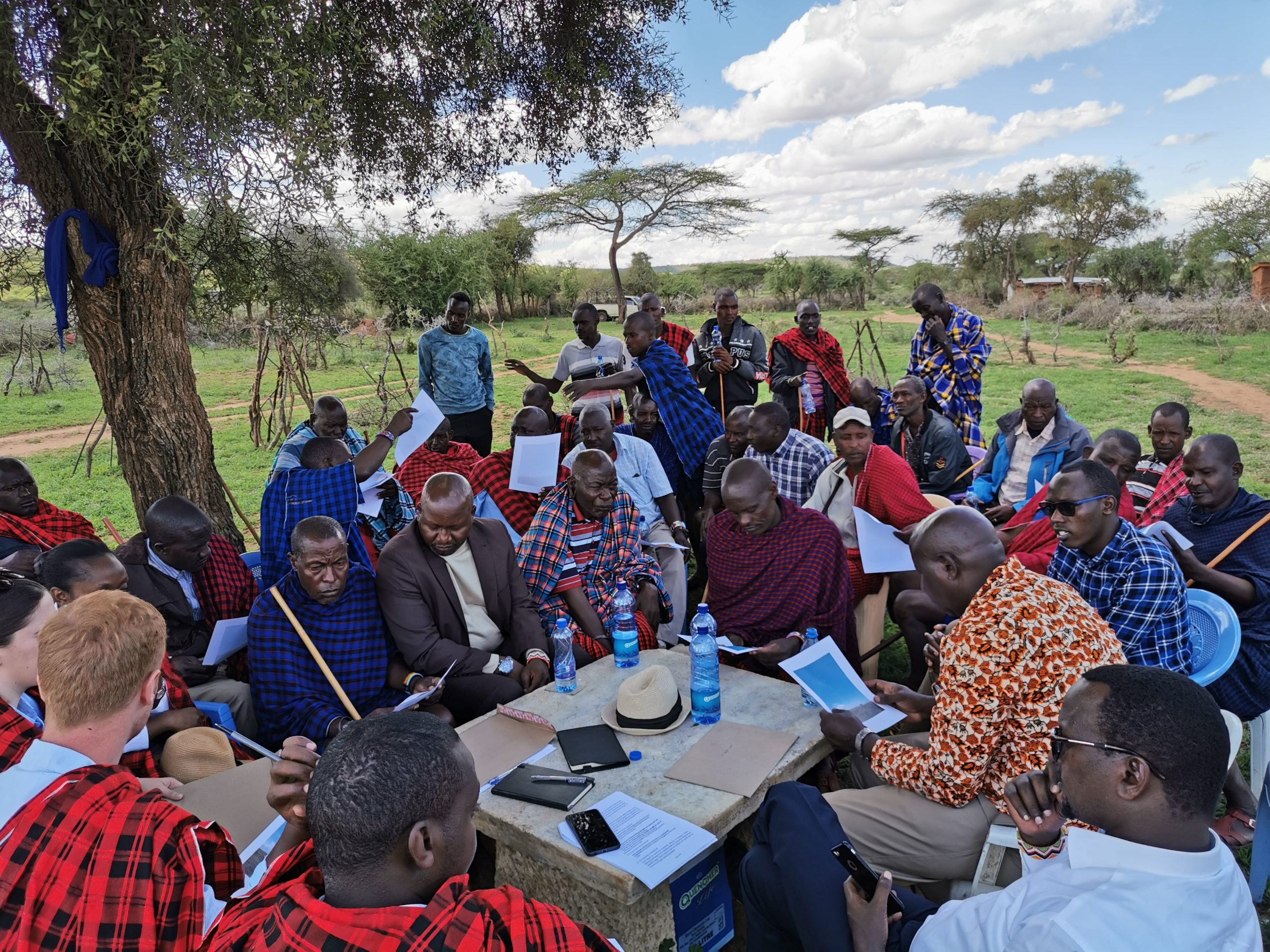
As the world became more interconnected, the bigger picture I made sure not to lose sight of was the importance of being a leader capable of traversing cultural and national boundaries to drive purpose-driven conversations about real, complex issues that affect us all, while remaining respectful of the diversity of other nations. As Archbishop Desmond Tutu once said, ‘my humanity is bound up in yours, for we can only be human together.’
As a young person part of the next generation, the only way my generation will meet the requirements of the Sustainable Development Goals is work together respectfully and in harmony to become the change agents the world requires to move into the next millennium.
How do you think driving inclusion in your region differs from other parts of the world? Are there unique challenges or opportunities?
As an African, while many positive steps have been made to improve the inclusion framework of the continent, many African countries by and large still have a ways to go in my opinion.
For example, female representation in the African wind sector is comparatively lower than female representation in established European wind markets. As documented in the January 2020 report ‘Wind energy: A gender perspective,’ released by IRENA and Women in Wind, the wind energy industry continues to be male-dominated.
Around 21 per cent of the global wind energy workforce is women, falling below the 32 per cent share of women in the global renewables workforce and even the 22 per cent share of women in the conventional energy sector workforce, according to IRENA’s 2019 report ‘Renewable energy: a gender perspective.’
This provides a unique opportunity, which is why GWEC in partnership with the Global Women’s Network for the Energy Transition (GWNET) established the Women in Wind Global Leadership Program as a response to the call for more consideration of gender and climate policy, which has been growing in volume in recent years. Greater gender diversity brings valuable perspectives to social and economic development and – in the landscape of global issues requiring strong leadership and a skilled workforce – few areas are as critical as climate change and the transition to a sustainable, clean energy system.
As Director of the Program, is an honor for me take lead while advancing the role of women as agents of change in society and promote best practices within the wind industry. The year-long program is designed to accelerate the careers of women in the wind industry, support their pathway to leadership positions and foster a global network of mentorship, knowledge-sharing and empowerment.
We often reflect on you can’t be what you can’t see, how far does this resonate with you and your own experiences?
Martin Luther King, Jr. once said, ‘darkness cannot drive out darkness; only light can do that.’ The same way, in my opinion, you can’t be what you can’t see, which is why I believe knowledge is freedom strengthened by being a lifelong learner. The foundations of business will remain relatively the same ie. people, operations, accounting, finance, strategy, and marketing. However, implementation is where change comes in because the world is evolving rapidly, especially with the aid of technology.
For example, before the age of computers, the business functions mentioned above were recorded on paper. Fast forward to the 21st century and the same information is being recorded digitally, thereby enabling businesses to innovate and grow using the technological tools available to them.
To keep up with this change, organizations will need to continuously learn and adjust with the changing times or risk becoming siloed communities, separated from the collective, unable to implement their business mandates as effectively as their competitors. This risk exposes business to non-competitiveness in the market, thereby leading to losses, stagnation, and worst-case scenario, the shutdown of a business.

